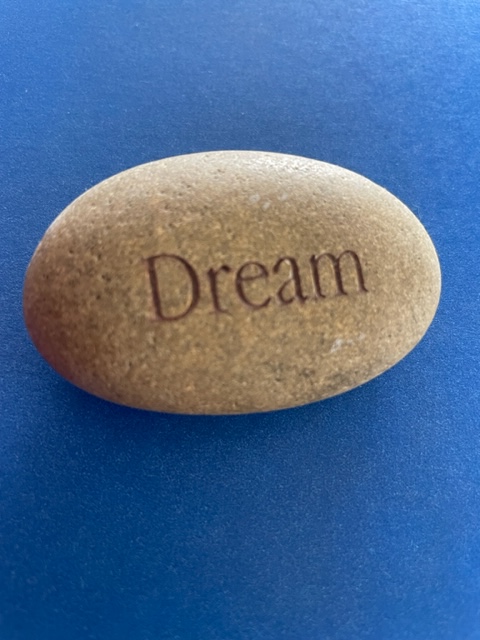
What to Eat: That is the Question!
With this cluster of pathways comes a massive volume of information, speculation, hype, and evening recipes. We collected a wide array of options and asked for user ratings. Nothing really stood out as a food-for-sleep as determined by either the experts or users. Advertisement might assure us that sleep will come easily after a late-night snack consisting of XYZ—but few of us are convinced.
Some of our respondents like to savor a cup of hot chocolate in the evening (even though chocolate is not supposed to be sleep-enhancing). For a few others, it is a sip of hot milk or some chamomile tea. Cheese and crackers sometimes do the trick; however, most fruits are found to be of little value. Walnuts do rate high among users—and perhaps should be tried by those of us who have avoided them in the evening. Yet, again, it is a matter of being a self-researcher regarding food-based sleep pathways.
We might be even more ambitious. Editors of the AARP Bulletin (2019) offers some dietary advice about boosting our health just before going to bed: “Enjoy a nice piece of fish with a side of brussels sprouts. The omega-3 fatty acids in fish may have properties that contribute to your brain’s health. And brussels sprouts are packed with glucosinolates, compounds that could help to protect against inflation.” This is all well and good – but do we rest easy with the taste of fish and sprouts lingering in our mouth. This is certainly better for us than the taste of chocolate—but perhaps not at delicious or comforting before we sink into sleep.
Conclusions
When all is said and done, the primary message to be delivered in this essay is that we need to be thoughtful and intentional about our preparation for sleep. We need to be sleep scientists who systematically study our own sleep behavior rather than relying on outside experts who aren’t acquainted with our personal behavior and biology. We all know that bathroom time is critical—but what about temperature changes and finding ways to “wind down” after a stressful day of work? Which foods make us sleepy and which keep us awake? Advertisements have little knowledge of the unique way in which food impacts our preparation for sleep.
We also need to reflect and potentially experiment with naptime during the day. For many of us, the matter of taking a nap is moot given our work schedule during the day. Perhaps a nap during the weekend—but does this really make sense since we are not accustomed to breaking up our day with sleep. We could always move to a society in which siestas are common—but this is quite a bit of sacrifice for just a few minutes of extra sleep every day! We might instead want to concentrate on preparation for a “long winter’s night” (even when it is not winter).
___________________
References
AARP (2019) Nighttime. AARP Bulletin, June, p. 23.
Harvard Medical School Division of Sleep Medicine (2019) Twelve Simple Tips to Improve Your Sleep. Retrieved June 1.
Heller, Craig (2013) Secrets of Sleep Science. Chantilly, Virginia: The Teaching Company.
LaMotte, Sandee (2023) Sleep This Way to Add Almost 5 Years to Your Life. Retrieved February 24.
Migala, Jessica (2019) 11 Surprising Reasons Why You Can’t Sleep. AARP Bulletin, March, p. 36.
Tartakovsky, Margarita (2018) 14 Ways to Improve the Quantity and Quality of Sleep. Retrieved October 8.
Walker, Matthew (2017) Why We Sleep. New York: Scribers.







